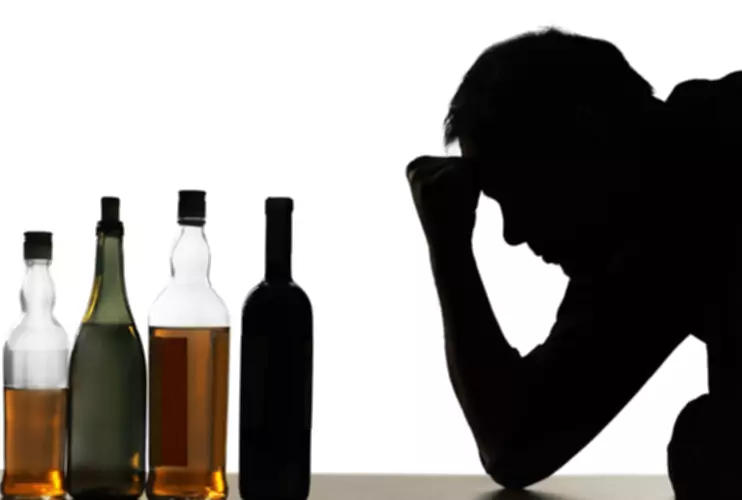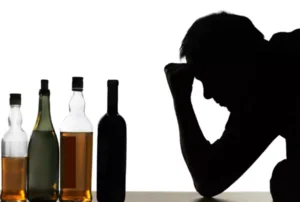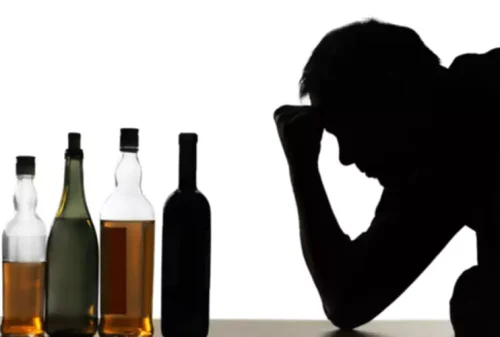
Unhealthy alcohol use can be harmful physically, emotionally, and economically. Making responsible choices about alcohol can help you enjoy social events without adverse effects. Keep these guidelines in mind to maintain your health and safety. These occasions typically involve alcohol as a way to enhance the social experience, aiming to enrich interactions rather than lead to intoxication. Social drinking occurs across various settings, from quiet dinners to lively public festivals. It’s a fundamental part of both daily social interactions and special celebrations.
Life
Let’s take a closer look at signs that indicate your ‘social drinking’ might be crossing the line into problem drinking. It’s essential to listen to our instincts and pay attention to these warning signs that our relationship with alcohol may be becoming unhealthy. As life happens, the occasions for drinking can start to pop up more frequently. Recovering alcoholics may still experience triggers and cravings that even small amounts of alcohol can intensify. Any decision to reintroduce alcohol into one’s life should be made in consultation with a healthcare professional or addiction specialist like the ones available at Avenues Recovery. They can help assess an individual’s readiness and provide guidance on the potential risks and benefits.
Make your intentions clear to trusted friends and voice what type of support you need from them.

Others may be more likely to notice signs of a problem than you are. You can put yourself in addiction treatment for problem drinking, or you can see a professional for recommendations. Social alcoholic drinking involves moderate and controlled alcohol consumption during social occasions without severe negative consequences. Alcoholism, on the other hand, is a chronic condition marked by uncontrolled drinking, cravings, physical dependence, and significant life disruptions. Due to its harmful and compulsive nature, alcoholism necessitates professional intervention and support for recovery. A social drinker is someone who consumes alcohol in a social context.

Professional Treatment
Acamprosate can really help with a down and depressed feeling that people sometimes experience when they stop drinking. So by addressing those symptoms, it can help people not return to drinking. AUD is defined as a treatable, chronic health condition characterized by a person’s inability to reduce or quit drinking despite negative social, professional, or health effects. Relationships can suffer significantly due to alcohol addiction. Sana incorporates addiction and relationships counseling as part of its treatment programs, helping families and loved ones better understand addiction and its impact.
- An alcoholic will experience intense cravings and will continue to drink despite the negative consequences.
- However, you drink too much alcohol, do so too often, and subsequently have hangovers.
- “Most people are getting their information about alcohol from the (alcohol) industry, which is to say they’re not getting information that alcohol causes cancer,” he said.
- Approach that with kindness and compassion—but don’t take it personally, she says.
- Some people may have a drink to unwind or to feel more sociable.
There are many other ways besides drinking to relax or have a good time. If you find your dependence on alcohol is becoming too strong to control, it’s time to take a close, honest look at your behavior. However, we’re not the first nation to use alcohol as a social lubricant. Alcohol and socializing have been linked for thousands of years. From ancient Greece to early colonial settlers in America, wine, beer and other alcoholic beverages can create friendships and connections with others. The health harms for any given amount are displayed in risk percentages of developing cancers, how many cigarettes the number of drinks equates to, and number of minutes of life lost per drink.
Therefore, you started drinking earlier in the day – at a restaurant during lunch, of course. You might be one of these individuals who have a set drinking schedule. Rather, you go out to happy hour with friends or alone to be among others at the bar. If you or a loved one find that social drinking has crossed the line to problem drinking, contact us at Avenues Recovery so we can guide you on your path to recovery. Many of us enjoy having a nice glass of wine with dinner, or throwing back a beer while watching the game with friends.
- Acamprosate can really help with a down and depressed feeling that people sometimes experience when they stop drinking.
- If you think you might be dealing with more problematic drinking habits, Strobbe suggests reaching out to a professional or trying some goal-setting to help you scale back.
Some people consider themselves social drinkers but drink more than once a week with friends, coworkers, or family. Others could be social drinkers and only drink once every few months. Social drinking is often considered “low-risk drinking.” This level of alcohol consumption involves drinking fewer than seven drinks a week and no more than three drinks a day for women. The social drinking definition is someone who regularly drinks alcohol in a variety of social settings. However, drinking doesn’t disrupt social drinking problem their life or create serious physical, mental or personal problems. What’s the point of drinking if you are not going to achieve a good “buzz?

An alcoholic will experience intense cravings and will continue to drink despite the negative consequences. Excessive social drinking can lead to problem drinking and, if more severe and sustained, to alcoholism. In the meantime, it can also have a lot of negative short- and long-term consequences. The benefits of social drinking marijuana addiction are similar to those of moderate alcohol consumption. However, people must make informed choices about their alcohol consumption while considering their situation. There is no harm in at least checking out an abstinence-based program such as Alcoholics Anonymous, SMART Recovery®, or Women for Sobriety meetings.


You may start as a social drinker and slowly become a problem drinker as you begin to consume more alcohol. Instead of drinking as a social activity, problem drinkers spend a lot of time drinking alone. They might turn to alcohol when they’re bored or lonely, and may even make it a point to make time in their schedule for drinking. Do you sometimes find yourself nodding absentmindedly when people talk about things that happened while you were drinking? Do you find periods of time are missing from the previous day’s heavy drinking or binge-drinking episode?
The Power And Potential Of Endorphins For Alcohol Use Disorder
A social alcoholic is someone who relies on drinking alcohol in social situations. Another term for https://ecosoberhouse.com/ someone who struggles with social alcoholism could be a high-functioning alcoholic. However, you drink too much alcohol, do so too often, and subsequently have hangovers.
